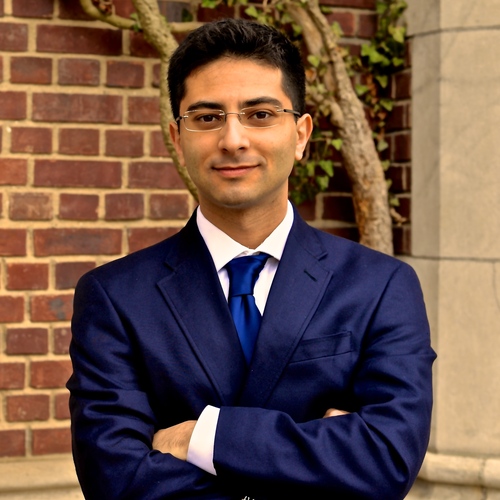Sherif Girgis

Associate Professor of Law
Office: 1118 Eck Hall of Law
Phone: 574-631-7834
Email: sgirgis2@nd.edu
Staff Assistant: Kristina Kusisto
CV: View
SSRN: View
Sherif Girgis joined Notre Dame Law School in 2021. His work in constitutional law and theory has appeared or is forthcoming in venues including the Columbia Law Review, the New York University Law Review, the Virginia Law Review, the University of Pennsylvania Law Review, the American Journal of Jurisprudence, the Harvard Journal of Law and Public Policy, and the Cambridge Companion to Philosophy of Law. He is coauthor of What Is Marriage? Man and Woman: A Defense (Encounter, 2012), and Debating Religious Liberty and Discrimination (Oxford University Press, 2017).
Before joining Notre Dame, he practiced appellate and complex civil litigation at Jones Day in Washington, D.C., having earlier served as a law clerk to Justice Samuel Alito of the U.S. Supreme Court and Judge Thomas Griffith of the U.S. Court of Appeals for the D.C. Circuit. Now completing his Ph.D. in philosophy at Princeton, Girgis earned his J.D. at Yale Law School, where he was an editor of the Yale Law Journal and won the Felix S. Cohen Prize for best paper in legal philosophy. He earned a master’s degree (B.Phil.) in philosophy from the University of Oxford as a Rhodes Scholar and a bachelor’s in philosophy from Princeton, Phi Beta Kappa and summa cum laude.
Courses Taught
- Criminal Law (LAW 60302)
- Jurisprudence (LAW 70812)
- Constitutional Law II (LAW 70305)
Scholarship
Areas of Expertise
- Criminal law
- Constitutional law
- Constitutional theory
- Law and religion
- Philosophy of law